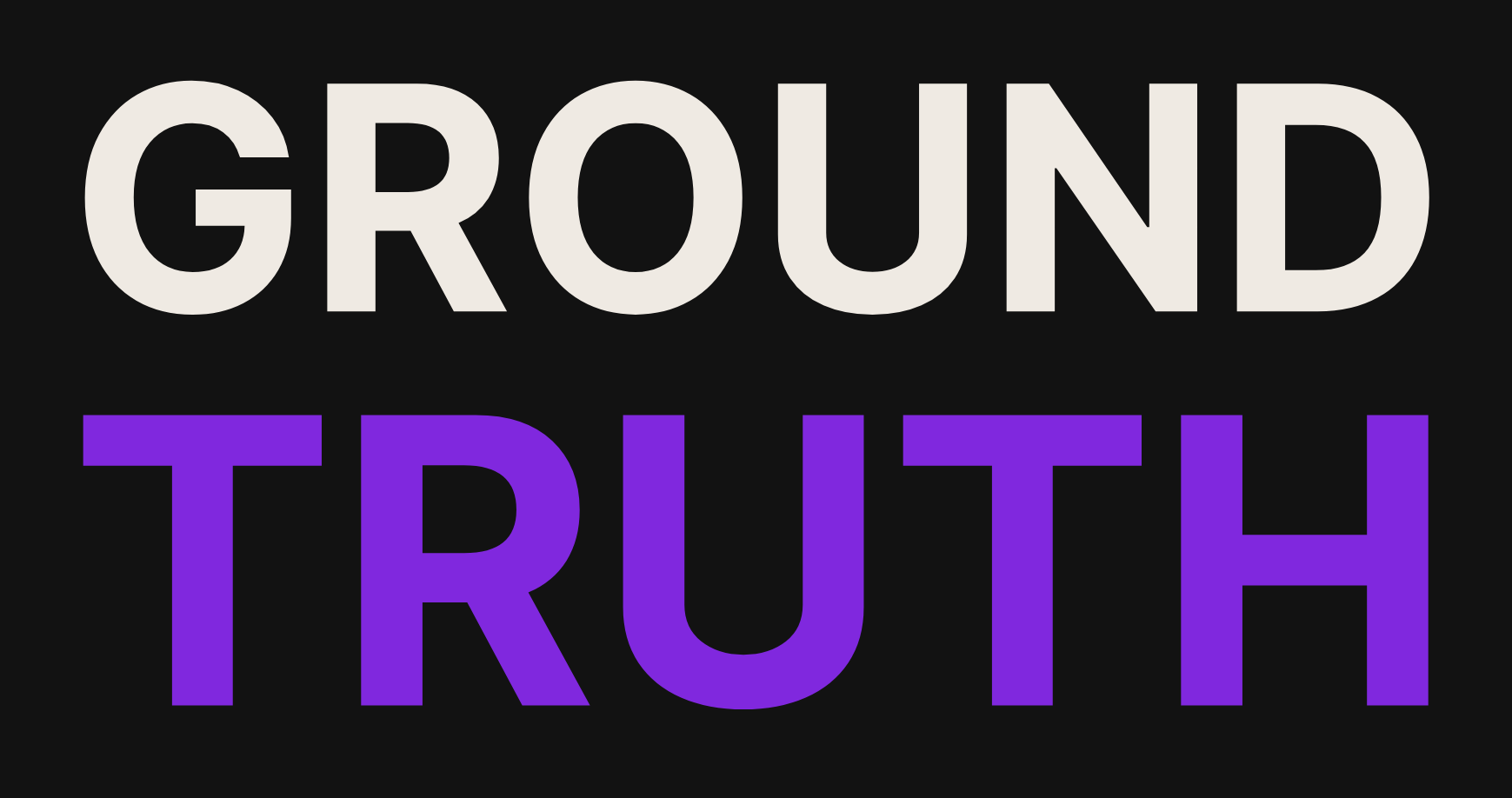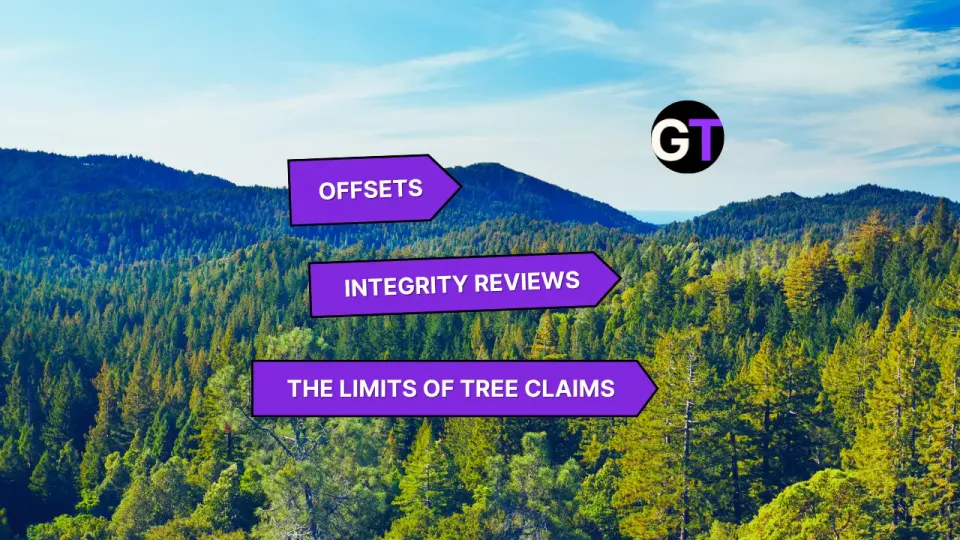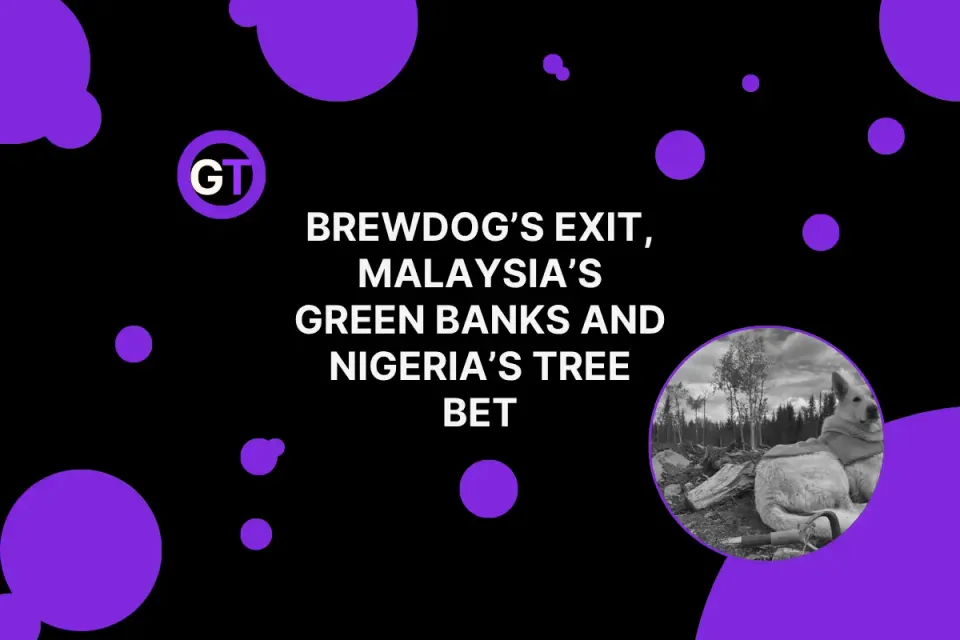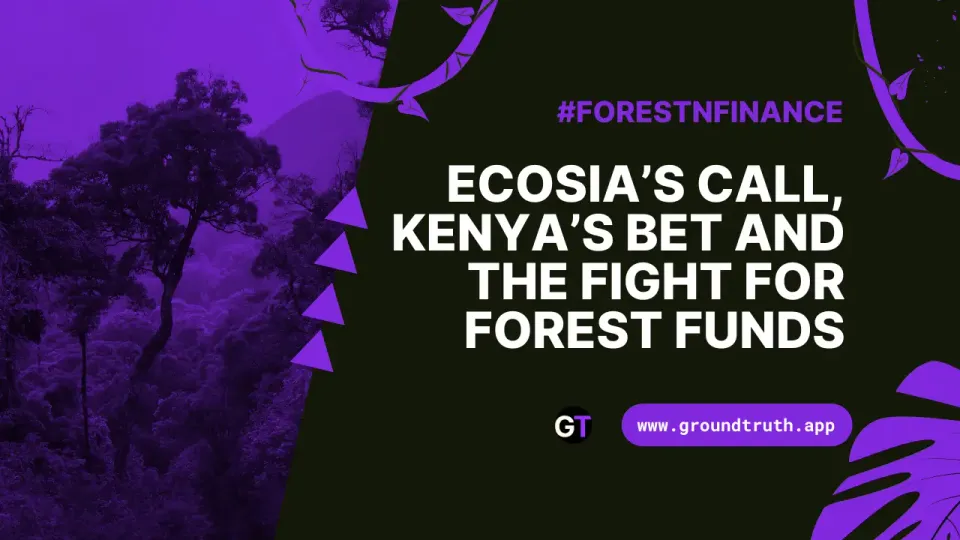COP29 Drills Down Forest Carbon Rules... in Theory 🌍💸
“This is not abstract bureaucracy,” he insisted. “These markets can drive real emissions reductions.”
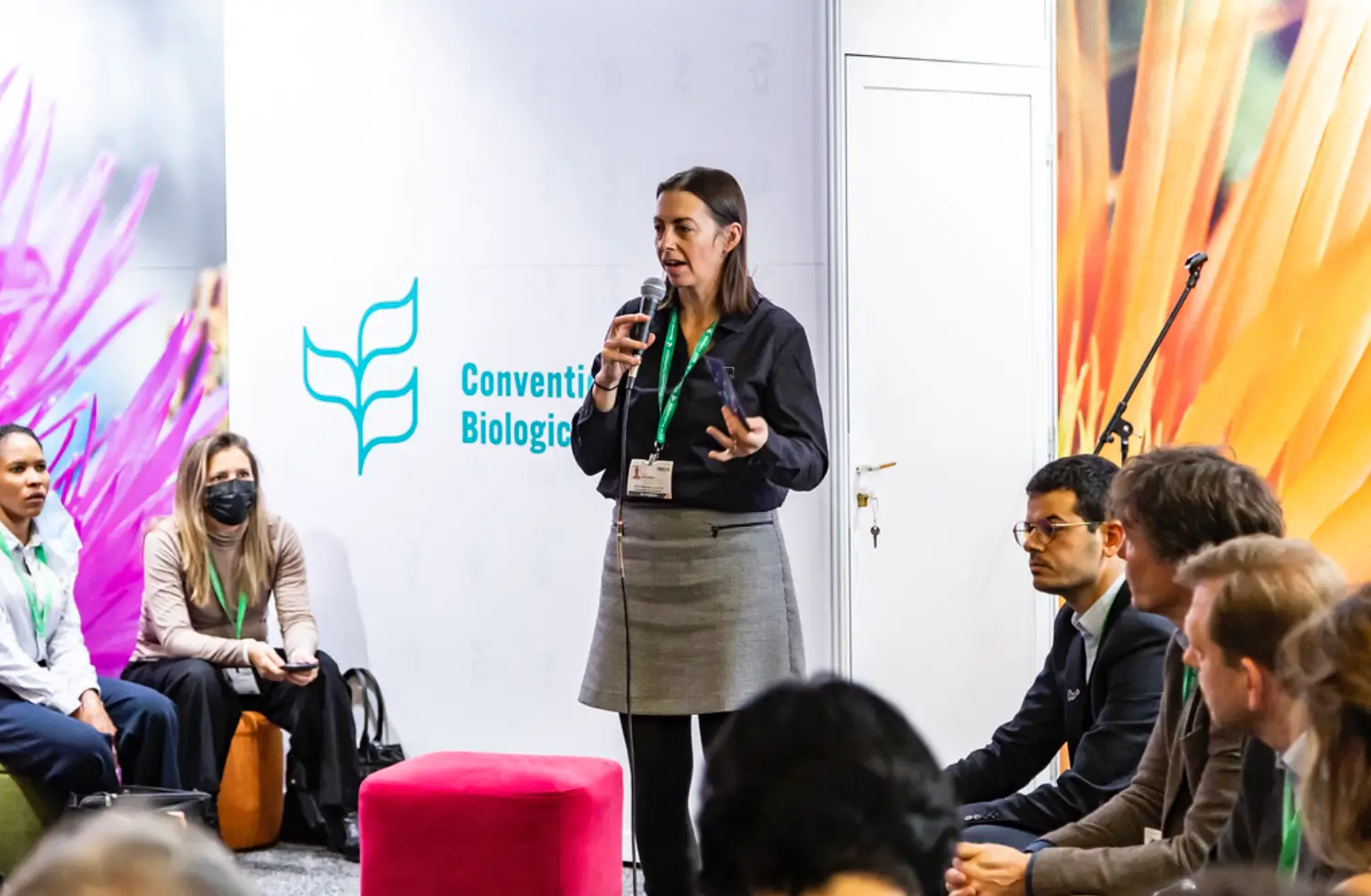
At COP29 in Baku, Azerbaijan, delegates from nearly 200 nations reached a milestone: new UN-backed standards for international carbon markets. After years of painstaking negotiation, the framework sets the stage for a transparent, credible system where carbon credits can be traded globally to combat climate change.
Here’s the pitch: a carbon credit represents one tonne of CO₂ either removed from the atmosphere or prevented from being emitted. Think projects like rainforest conservation, renewable energy farms, or similar climate-saving endeavors.
By buying these credits, countries and companies can offset emissions they just can’t eliminate yet. The hope? That these markets give the world a fighting chance to hit the Paris Agreement’s 1.5°C target. (Spoiler alert: we’re way behind schedule.)
Fixing a Flawed System 🔍
But let’s be real—carbon markets have a reputation problem. Critics have long pointed out that voluntary markets in the past overpromised and underdelivered, with some credits linked to projects that didn’t really reduce emissions.
Erika Lennon from the Center for International Environmental Law, speaking to Le Monde, stressed that “high-quality standards are critical to restore trust.” Translation: for these markets to work, they need to be airtight—not just feel-good accounting tricks.
Stricter rules aim to ensure that projects receiving funding genuinely cut emissions, which aligns with the broader need for effective ESG monitoring in corporate sustainability efforts. By integrating reliable oversight mechanisms, these markets can restore trust and credibility. Still, it’s not all smooth sailing.
Speaking to Le Monde, Gilles Dufrasne from Carbon Market Watch explained that while this agreement is a major step forward, “It doesn’t mean the market exists yet.” In other words, it’s like drafting blueprints for a house without deciding where the plumbing goes.
Hope and Caution in Equal Measure 💡
Despite the messy details, optimism wasn’t entirely absent in Baku. UN Climate Change Executive Secretary Simon Stiell drove home the point that effective carbon markets could deliver tangible benefits, especially for developing nations looking for funding to leapfrog into greener economies. “This is not abstract bureaucracy,” he insisted. “These markets can drive real emissions reductions.” Translation: if done right, this could be the real deal.
TL;DR: Time to Deliver ⏳
With billions of dollars and the planet’s future on the line, COP29’s progress on carbon markets is a big deal. But it’s only step one. Now comes the hard part: turning a promising framework into a functioning system that actually delivers on its climate promises.
So, will the world finally get it right? The stakes couldn’t be higher, and the clock is ticking. 🌱✨
Sources 📚
COP29 Agrees International Carbon Market Standards. UNFCCC, November 12, 2024. Retrieved from https://unfccc.int/news/cop29-agrees-international-carbon-market-standards .
COP29: Nations approve new standards on carbon markets. Le Monde with AFP, November 11, 2024. Retrieved from https://www.lemonde.fr/en/climate/article/2024/11/11/cop29-nations-approve-new-standards-on-carbon-markets_6732459_96.html .
Rolfes, Ellen, and Tony Wagner. Ground rules for carbon markets. Marketplace, November 15, 2024. Retrieved from https://www.marketplace.org/2024/11/15/ground-rules-for-carbon-markets/ .
Edited by Chris Harris

This work is licensed under a
Creative Commons Attribution 4.0 International License.
